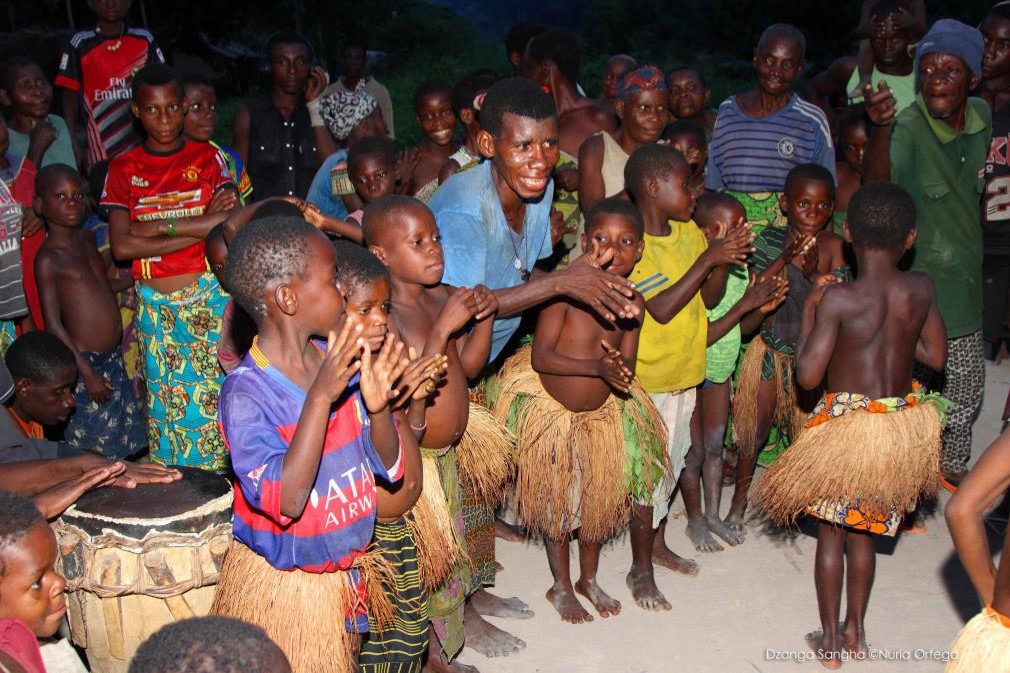
FTNS Champions Indigenous Peoples’ Protection And Development
The Sangha Tri-National is a cross-border Forest Complex shared between Cameroon, Congo and the Central African Republic (CAR). This World Heritage site is very famous for its floristic and faunal potential, but also for the “forest people” (commonly called Baka, BaAka, Mbenzele, etc.), the indigenous people who live there. Since its inception, the Sangha Tri-National Foundation (FTNS) has championed several initiatives to ensure their well-being and development.
In Cameroon, the Foundation contributes annually to the process of taking into account customary and ancestral rights and a better participation of the Baka peoples in the management of the Lobéké National Park. Specifically, a memorandum of understanding was signed in August 2018 between the Ministry of Forests and Wildlife (MINFOF) and the Baka populations to organize their access to the resource spaces in Lobéké national Park and to guarantee their involvement in the management of the park’s activities. Several communication materials on the Customs and rites of these peoples have also been produced to sensitize those in charge of protected areas, forest and hunting concessions.
In CAR, support was provided for the establishment of the Bayanga Human Rights Centre to promote the indigenous rights of the BaAka population of Dzanga-Sangha. In general, the FTNS grants to the APDS have made it possible to produce: several radio and interactive broadcasts on key issues related to legal instruments and respect for Human Rights, Legal assistance to a dozen BaAkas victims of abuse around the Dzanga Ndoki National Park, assistance to the BaAkas to obtain more than 130 birth certificates in 2018, the recruitment of some BaAkas in the body of ecogardes, and the organization of several holiday camps to facilitate the transfer of ancestral knowledge and know-how to young people.
Through these initiatives, the FTNS not only contributes to the protection of the biodiversity of the TNS, but also to the prosperity of these people, an essential aspect for the sustainability of this cross-border complex.

